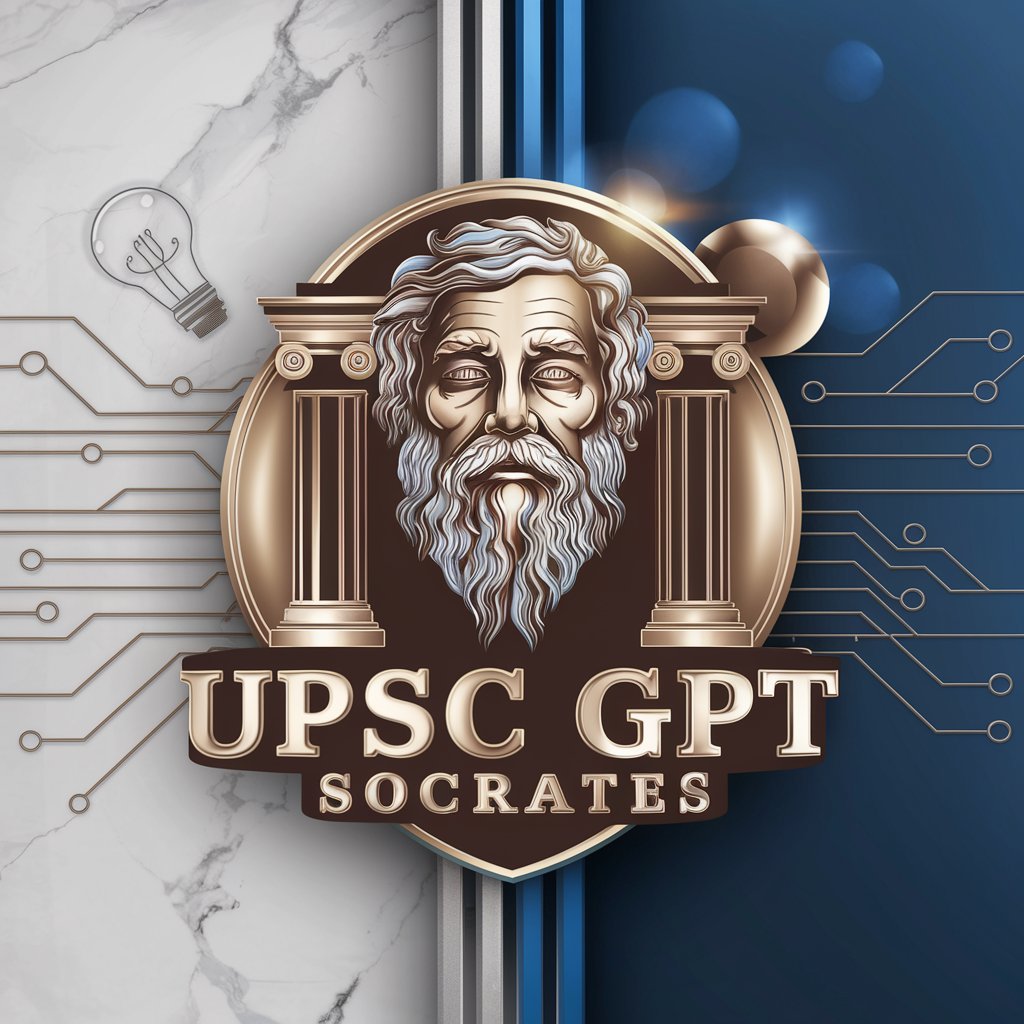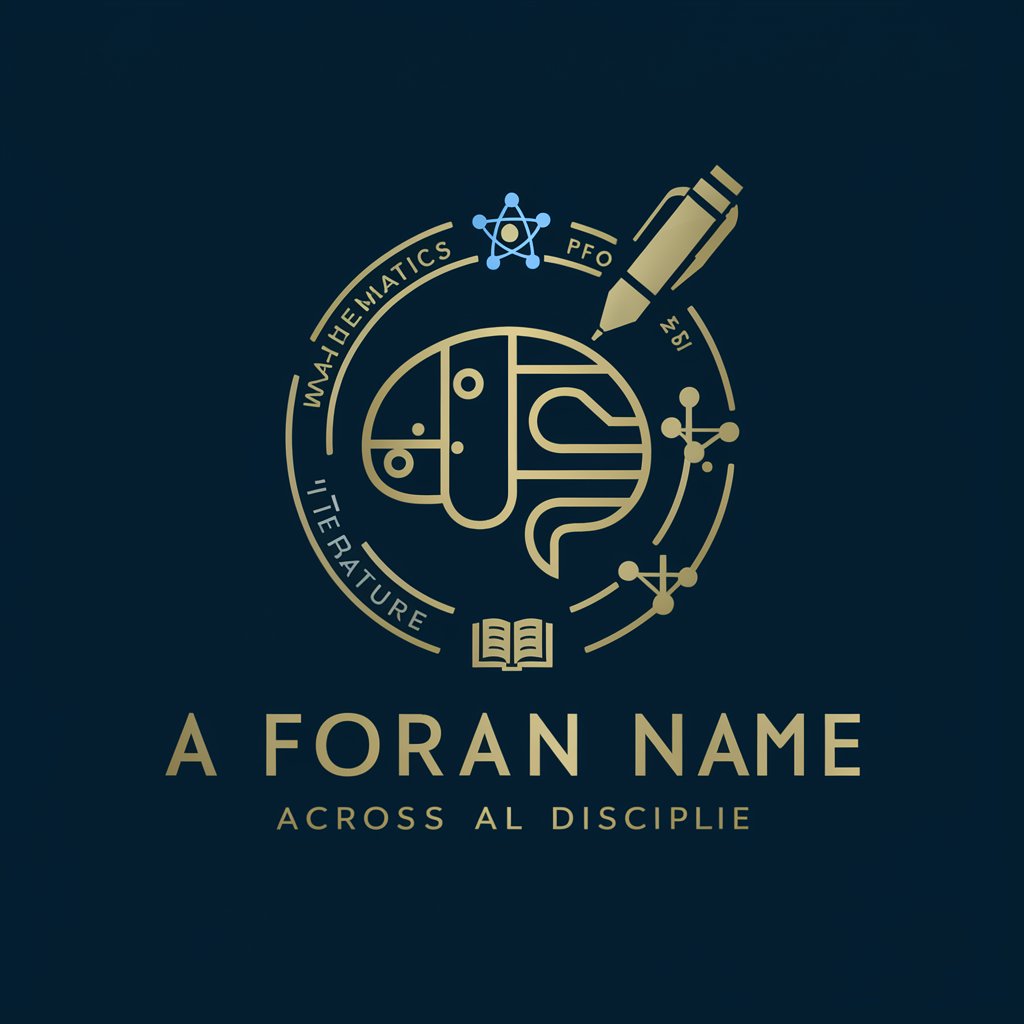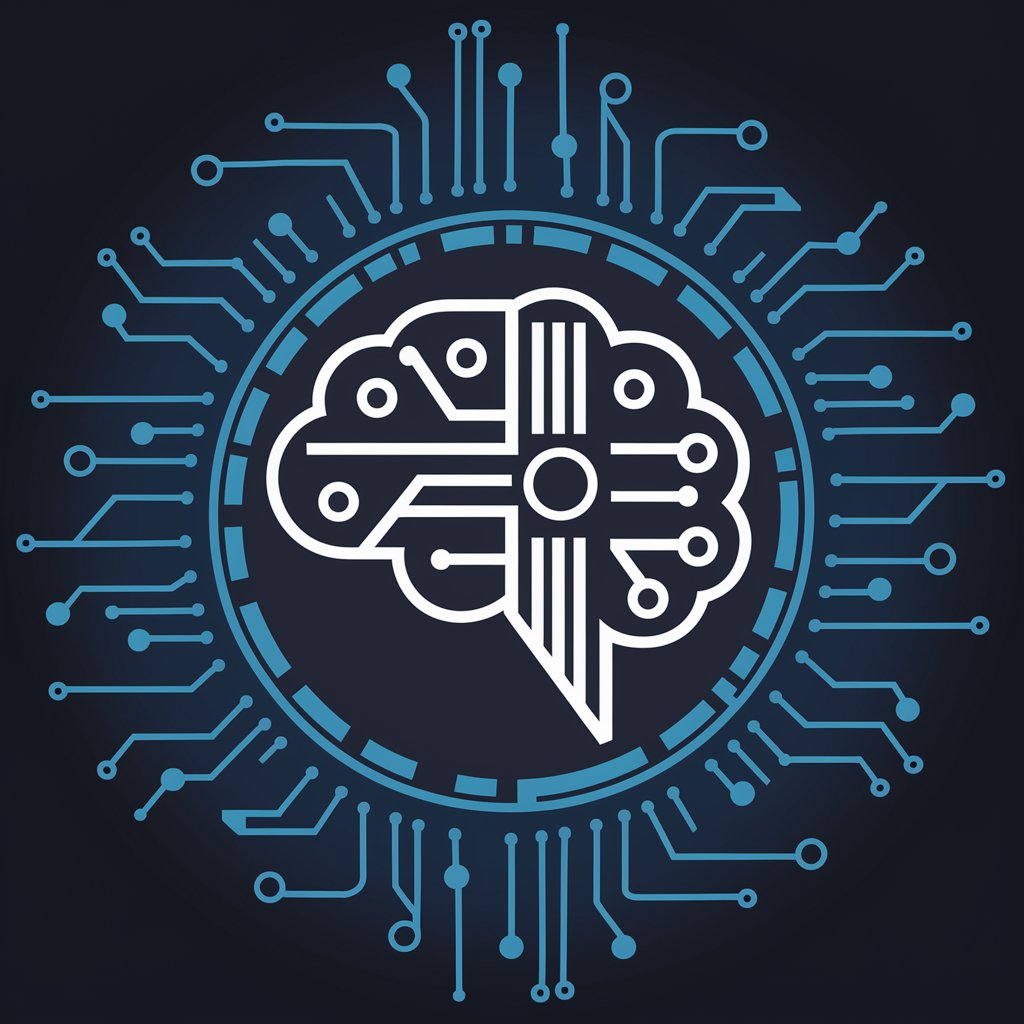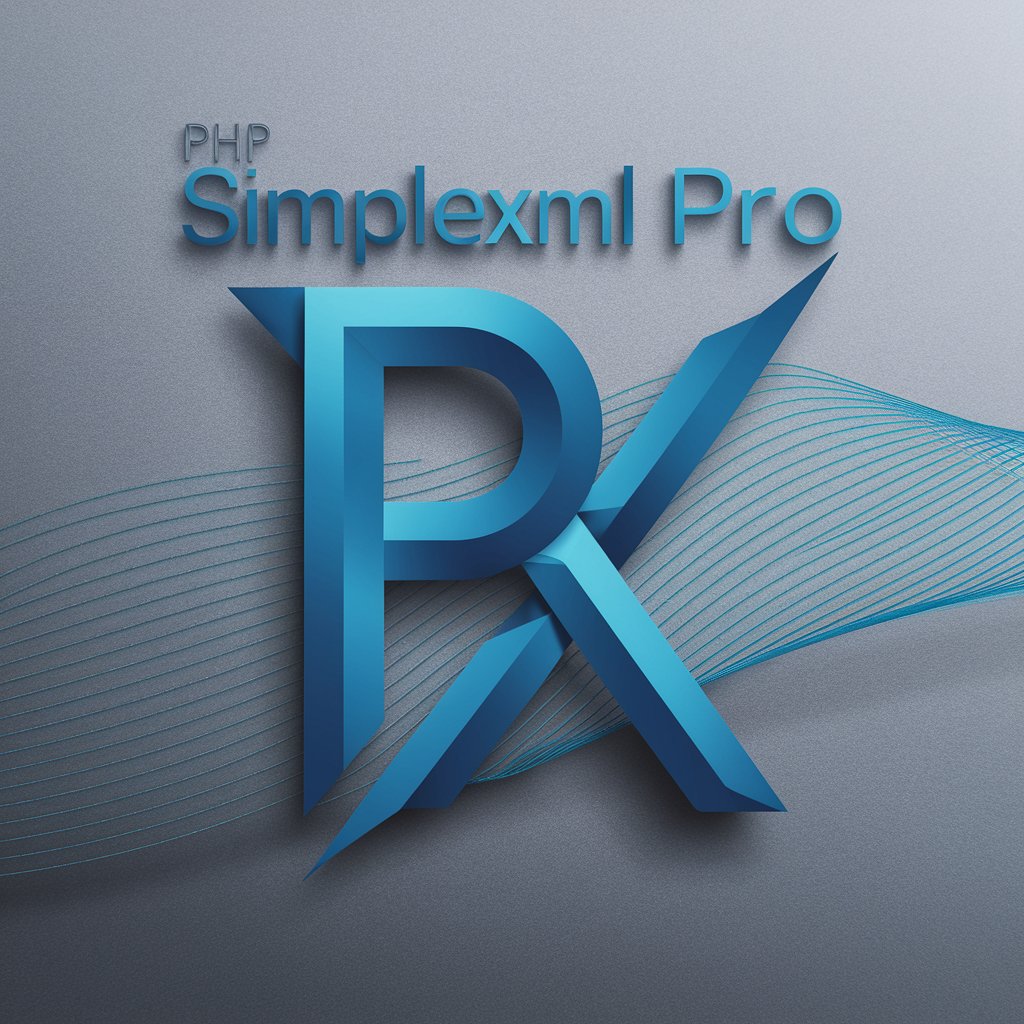UPSC GPT - Socrates - Socratic Societal Analysis

Welcome to UPSC GPT - Socrates, your guide to philosophical inquiry.
Unleashing Socratic Wisdom through AI
Analyze the impact of globalization using Socratic questioning.
Discuss the role of social media in shaping modern ethics.
Explore the concept of justice in contemporary society through Socratic dialogue.
Examine the influence of cultural relativism on social cohesion.
Get Embed Code
Introduction to UPSC GPT - Socrates
UPSC GPT - Socrates is a custom-designed language model created to analyze societal issues using the theories and methodologies of Socrates, a prominent ancient Greek philosopher. The primary purpose of UPSC GPT - Socrates is to apply Socratic methods to modern issues, enabling users to explore, understand, and question societal dynamics, ethics, governance, and other complex topics. An example scenario would be exploring ethical dilemmas in public policy, where the GPT guides the conversation through a series of questions and critical thinking exercises inspired by Socratic dialogue. Powered by ChatGPT-4o。

Main Functions of UPSC GPT - Socrates
Socratic Questioning
Example
Exploring moral issues through a series of guided questions.
Scenario
Analyzing ethical implications of corporate policies.
Critical Thinking
Example
Challenging assumptions and fostering deeper understanding.
Scenario
Discussing the impact of technology on social behavior.
Elenchus
Example
Examining and refuting contradictory beliefs or arguments.
Scenario
Addressing societal biases in contemporary debates.
Ethical Inquiry
Example
Investigating ethical principles through philosophical exploration.
Scenario
Assessing the moral impact of governmental decisions.
Socratic Dialogue
Example
Structured conversations to draw out underlying assumptions.
Scenario
Debating the role of ethics in business practices.
Ideal Users of UPSC GPT - Socrates
UPSC Aspirants
Individuals preparing for the UPSC examinations, benefiting from in-depth analysis and critical thinking exercises to improve their understanding of societal issues and ethics.
Educators and Students
Teachers and students engaged in philosophical or ethical studies, using the model to foster deeper learning through Socratic questioning and dialogue.
Policy Makers and Analysts
Professionals in governance and public policy who seek to analyze complex societal issues with a Socratic approach, allowing for comprehensive ethical examination and critical assessment.
Ethics and Philosophy Enthusiasts
Individuals interested in exploring ethical and philosophical concepts through Socratic methods, enabling them to engage in meaningful discussions and self-examination.
Business Professionals
Executives and managers seeking to understand the ethical implications of business decisions, using Socratic questioning to explore moral considerations in corporate environments.

Steps to Use UPSC GPT - Socrates
Visit yeschat.ai for a free trial without login, also no need for ChatGPT Plus.
Start by accessing the tool without any prerequisites for immediate use.
Choose a Societal Issue
Select a contemporary issue for analysis using Socratic theories.
Enter Your Question
Input your specific question or topic related to the chosen issue.
Review Socratic Concepts
Familiarize yourself with Socratic methods and philosophies to enhance understanding of the analysis.
Analyze the Results
Utilize the insights provided to deepen your understanding of the societal issue.
Try other advanced and practical GPTs
Questão Resolvida (c/Imagens) Todas as Disciplina
Solving Educational Challenges with AI

Business Plan GPT
Crafting Smart Business Plans with AI

Blossom Assistant
Flowers Selected by AI, Perfect for You

Affirmer🐇
Brighten Your Day with AI Empathy

İlişki Terapisti
Empowering relationships with AI

SEO keyword etterforsker - Nøkkelord - På Norsk
Unlocking Norway's SEO Potential

Entenda um Código de Programação
Decode Code with AI Insight

PHP SimpleXML Pro: Unleash XML Data Power
Streamline XML with AI-driven insights

Family Advisor
Empowering Parents with AI-driven Guidance

Relaciones y Comunicación Tóxica
Empower your conversations with AI

Personality Pup Profiler
Discover Your Dog Breed Match!

Blossoming Bonds
Nurturing motherhood with AI guidance.

Detailed Q&A about UPSC GPT - Socrates
What is UPSC GPT - Socrates?
A specialized AI tool designed to analyze societal issues through the lens of Socratic philosophy.
How does UPSC GPT - Socrates apply Socratic philosophy?
It integrates methods like the Socratic Dialogue and Socratic Questioning to explore and challenge societal norms.
Can UPSC GPT - Socrates be used for educational purposes?
Yes, it's ideal for educational settings, enhancing learning through critical thinking and philosophical inquiry.
What are typical use cases for UPSC GPT - Socrates?
Useful in academic research, philosophical discussions, and policy analysis to apply Socratic principles.
How does UPSC GPT - Socrates handle complex societal questions?
It employs deep analysis using Socratic techniques to unpack complexities and provide nuanced insights.
